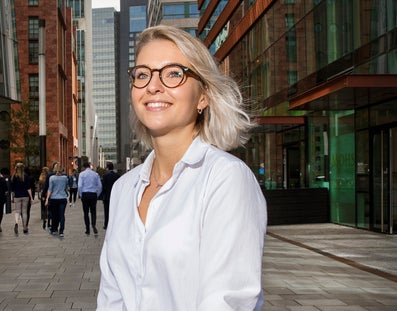We live in a world where media usage is constantly evolving, and (social) media are changing us. Influencers are the new superstars, and soon, our grandparents might be chatting with robots. This continual state of change affects individuals, businesses, media and politics alike. During the Bachelor’s in Communication Science, you’ll explore how media and communication impact what people think, do and feel on various levels.
At the macro level, you’ll study the impact of media on health campaigns and public debate. At the micro level, you’ll analyse interactions between individuals. Is media consumption just about relaxation and entertainment, or does it also serve a psychological purpose like regulating your mood or forming your identity? The programme also addresses the organisational perspective, where marketing and PR are key. How do you create the most effective advertisement and ensure your message reaches the right audience?
Project-based learning
During the Bachelor’s in Communication Science at VU Amsterdam, you’ll do what’s called project-based learning. Alongside curriculum- and methodology-based courses, you’ll work on a project with your fellow students. Together, you’ll select a research topic and present your findings externally or to an organisation – which means you’ll come into contact with industry professionals during your studies.
The programme is relatively small-scale, and the atmosphere is open and accessible. Many of your lectures will be shared with students from the Dutch-speaking track, which will expand your international horizons. Plus, there’s an active student association that regularly organises activities like social drinks, study trips and career weeks.
Would you prefer to follow this programme in Dutch? Then choose Communicatiewetenschap.
The start date of this programme is September 1st.
